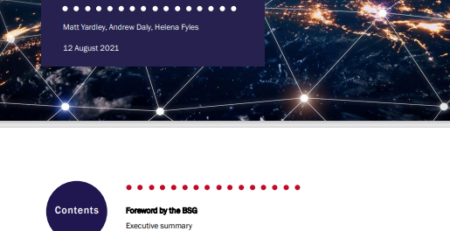Ofcom publishes broadband speeds report
Ofcom yesterday published a report on broadband speeds in the UK.
The report is a first for Ofcom in that it is based on actual line testing, rather than consumer perception surveys, and builds on the work of the SamKnows team, who produced an earlier report last year.
Alongside the headline numbers, the report identifies the lack of understanding many consumers have about broadband, and particularly the factors that can impact the speeds they receive – an issue we have raised previously on this blog.
It will not be news to many that you are unlikely to receive the headline speed that you sign up for. However, speed can be impacted by a variety of factors, such as in-home wiring or your choice of router, which ISPs have little or no control over (and can be remedied by the consumer themselves).
This isn’t necessarily the fault of the consumer – they should not need to understand to a technical level the service they are buying. It can partly be attributed to the marketing focus on speed by ISPs, and we are beginning to see ISPs market their services on other attributes such as bit caps, which may help.
However, the crux of the issue is that broadband is a difficult service to accurately buy and sell. The actual service received is partly out of the control of the service provider, which creates difficulties and confusion for consumers.
If we are to have a proper public debate about the future of broadband (and now would be the time, given the interest being shown by our senior politicians) a more informed consumer is an important requirement.
The Caio Review recognised this, which is why one of its recommendations was for ISPs to make public their traffic management policies – consumers would then be given more information about their service, particularly how it is likely to operate at peak times.
This Ofcom report also seems to recognise this, laying bare as it does the capabilities and limitations of the network. We need to continue along the path of an increasingly informed public debate.
Peter Shearman, Policy Manager, BSG




